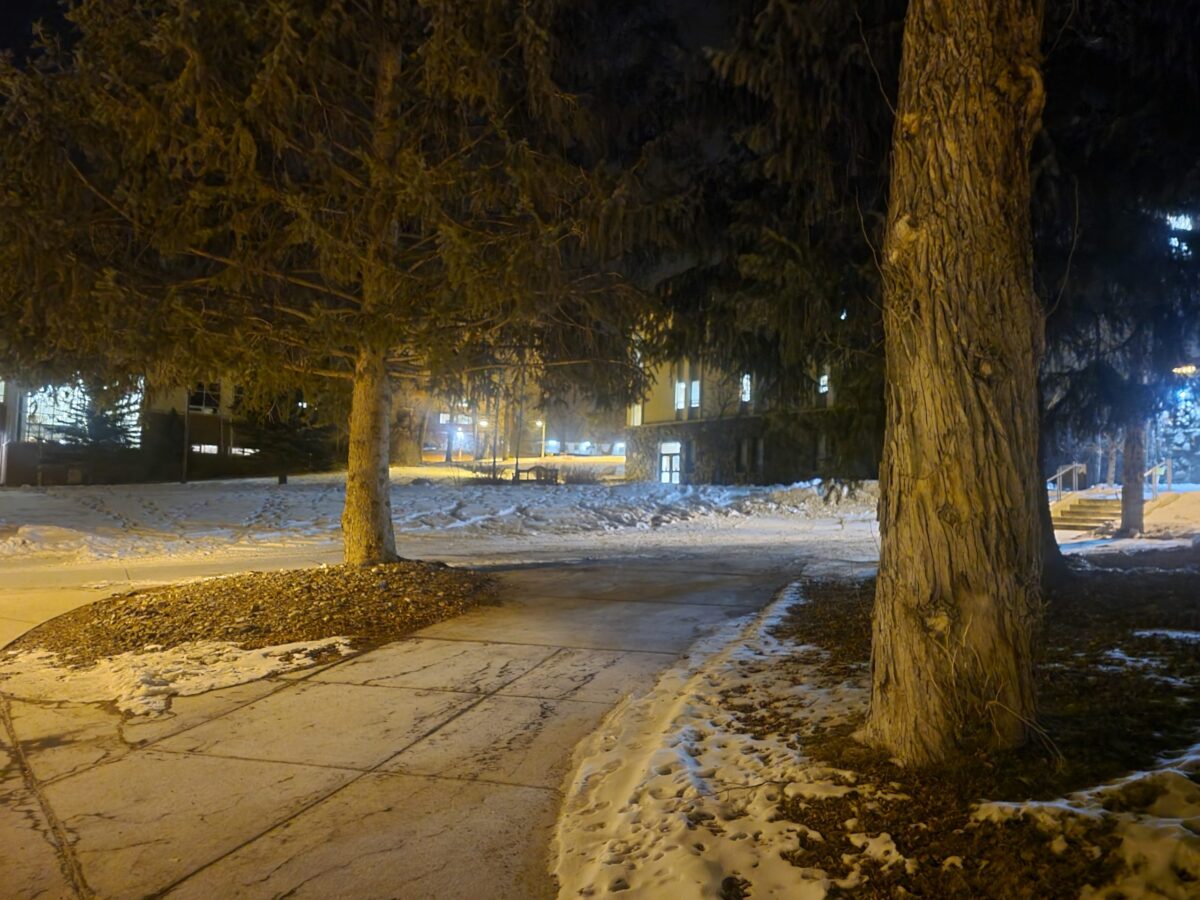Holes in reporting system patched, campus cultural norms under scrutiny
By Caspen Black
Update: On Feb. 10, the Gunnison Country Times reported that Western’s Board of Trustees is moving forward with a plan to spend about $2 million dollars to install camera systems in parking lots and upgrade campus lighting
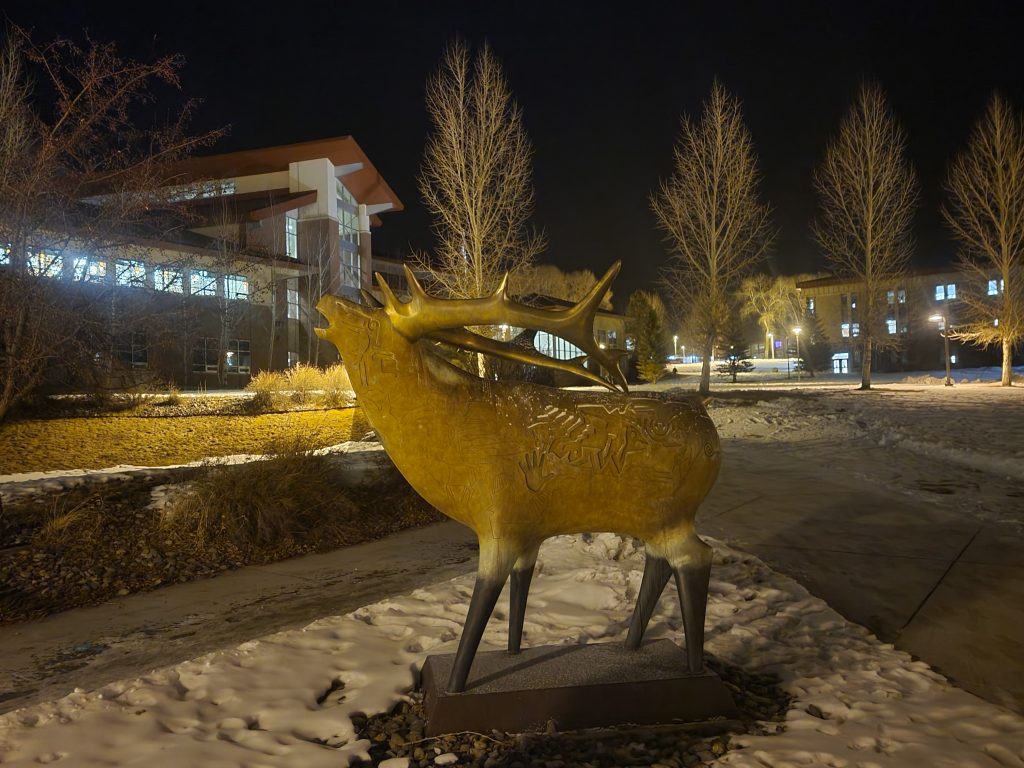
Western’s 2020 Annual Security and Fire Safety Report (ASFSR) was published in October of 2021, after an extended deadline during the pandemic. Western’s Title IX and Student Conduct Coordinator Shelby Schuppe says the federally mandated report shows “what students can expect in terms of safety on campus.”
The report tallies the number of certain violent crimes, arrests, disciplinary actions, and fires on campus for the year. The report does not cover any incidents that happen off-campus, such as in Mountaineer Village or at an off-campus party, because the University isn’t legally liable for those incidents. “It has narrow definitions,” Schuppe notes.
Western’s highest numbers are consistently in drug abuse violations and liquor law violations, both of which went down substantially during the pandemic. The total number of on-campus disciplinary actions for drug abuse violations in 2020 was just 13% of the previous year’s total. Not all numbers are down, however.
The report shows the first reported case of dating violence in three years, three reported cases of stalking (one case was reported in 2019), and the first reported cases of hate crimes (one assault and one destruction of property) in at least three years. National data shows that rates of reporting for domestic violence and hate crimes are rising throughout the country.
“Personally, I don’t classify [the rise in reports] as a bad thing, because it means more students are coming forward. We need to be realistic that all of this stuff was happening, it just wasn’t being reported,” says Schuppe. When Schuppe came on board Western’s Title IX team at the beginning of the pandemic, she noticed holes in the reporting system.
Students’ options for reporting a Title IX violation — any discrimination or exclusion a student faces because of their sex — were limited to Campus Assessment Response and Evaluation (CARE) reports intended for welfare checks or speaking to a Title IX representative in-person.
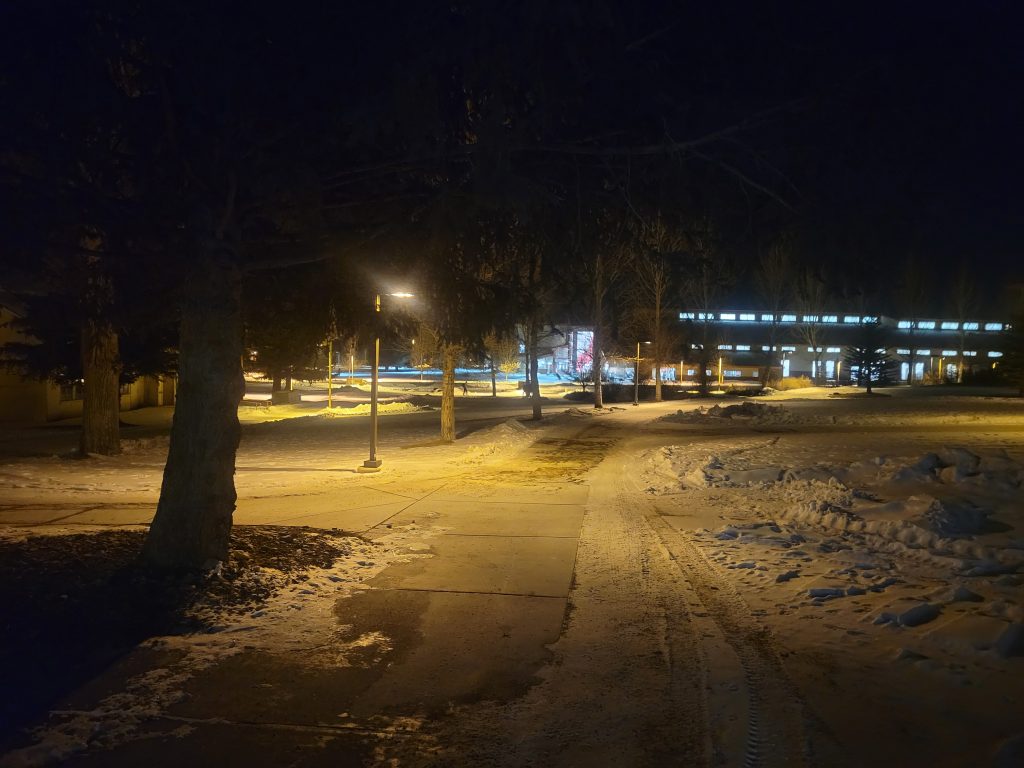
CARE reports are meant for mental health check-ins, so while a student could report a Title IX violation on a CARE report, “It wasn’t advertised as such,” Schuppe explains. “Essentially, students were being forced to go and talk to somebody face to face. There weren’t really anonymous options for folks to report stuff. That creates a barrier.”
So Schuppe created a reporting form specifically for Title IX, the first reporting method offered at Western that could be anonymous. This development drew in several new reports. Schuppe also updated the Title IX website so students can easily find information on reporting. “Ultimately if students know where to report, they’re more likely to report things to the right person,” she says.
Chase Cordova, a Resident Assistant and 3+2 graduate student, agrees with Schuppe’s assessment of the system. “The system before her was pretty rough. [Violence] wasn’t reported,” says Cordova. His estimation is corroborated by Senior Resident Assistant Precious Allen, who says, “It was atrocious that the Title IX program was not developed until Shelby came, and I think that since she’s been here, she’s made changes in a pretty drastic way.”
Schuppe adds, “I want students to know that we’re here for them; we’re here to make sure they’re feeling safe. I encourage students to raise their voices and report stuff, even if it seems like it’s small. If we want to change the culture of Western to be healthy and safe, even small things getting reported can help. Keep raising your concerns, keep talking about campus safety, keep using your voices. That’s how we make change.”
Residence Assistants (RAs), who are often students’ first point of contact after experiencing violence or discrimination, are taking Scuppe’s advice and speaking up about systemic issues. Cordova sees enduring stigma as a major barrier for further reports. “It still is very apparent that students have a distrust of administrative staff– board trustees, people in human resources, mostly in Taylor Hall. That’s something that a lot of students have said. It really doesn’t help when the University President claims that we’re a victim of ‘cancel culture’ on national news,” Cordova says, referring to previous President Salsbury’s April 2021 interview with Fox News.
Cordova says the stigma around reporting “comes from the response of administration to the student body, specifically in talking to students about all the listening sessions last year. We were promised to have lighting in areas that don’t have it, and security cameras. There’s a lot of areas that are really dark and quite terrifying to be in, and the cameras would help with the issues of vandalism and reported assault that have happened for years.”
Senior Resident Assistant Allen echoes Cordova’s statements about safety on campus:
“Lighting is atrocious. Full stop. You cannot see outside.” At night and in the winter months, they report: “Going from the residence halls to the library, you need a flashlight. It’s an unsettling way to live your life. It’s a constant fear, where you have to go different routes or always have a buddy. I know they had talks about installing the emergency phones, and I just wonder why Western is taking such a long time to adhere to standard practices. If we installed a few phones with lamps on top, it would reduce violence…It disheartens me that we talk so much about high value in safety, but it’s taken us over two years now to get cameras in any dorms or hallways or parking lots where all these heinous acts are occurring.”
Cameras make reporting accountable, so there’s less “he said, she said,” Cordova elaborates. Installing cameras would assuage the former President’s concerns about false reports and “cancel culture” by creating hard evidence in the case of an assault report. “Here we are months later and those still have not been installed, and in fact a lot of those conversations have been pushed aside.” Cordova argues that to make reports believable and consequences enforceable, “students see technology and surveillance as their most important tool. Something will have their back as to what actually occurred.”
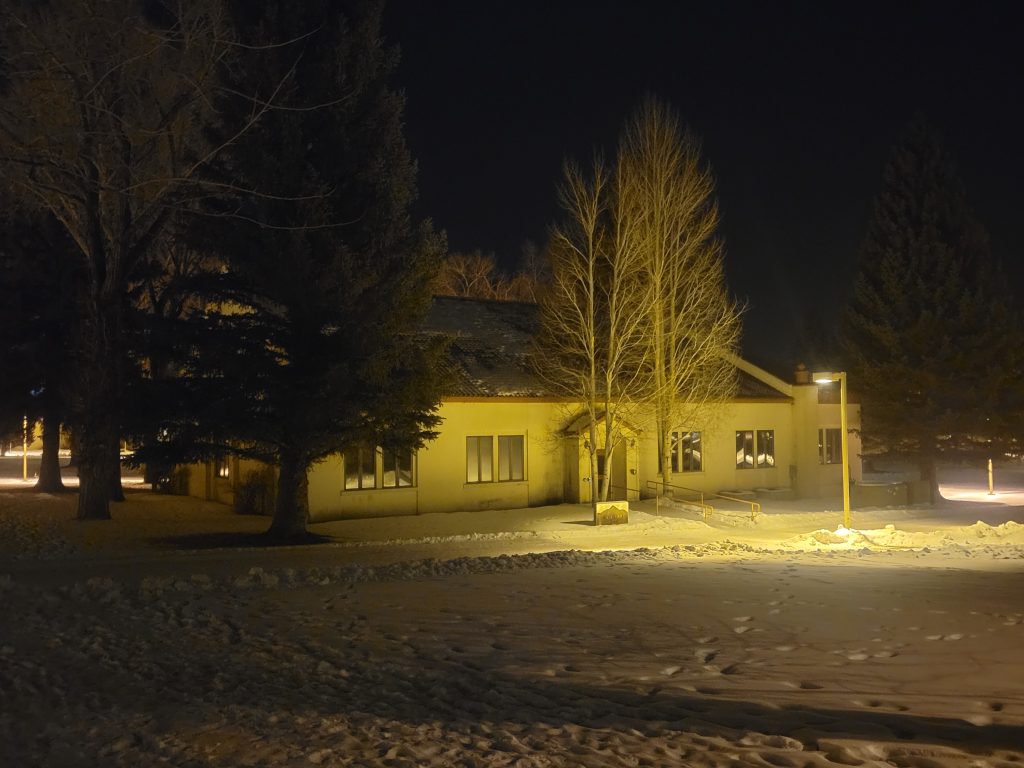
It’s possible some administrative staff see a lack of reports as a positive thing for Western’s reputation, but for student staff like Allen and Cordova and administrative experts like Schuppe, it means damaging situations are being swept under the rug. Cordova mentions the string of student deaths that occurred since his time at Western began (he counts at least five in the past three years). “People are really frustrated that there’s not a lot of transparency about the causes of deaths.”
This pattern holds true for reports of drugging and assault that occurred over Halloween 2021. Cordova says, “A large part of my frustration is– of course that it happened to begin with– but more so the response that Western has had to it.” Nothing about the incident was sent out over Western’s Rave Mobile Safety system, which is designed to alert students and faculty to emergencies on campus with a timely mass text message.
“There are systems in place that are meant to let students know very efficiently what is occurring and what to be aware of, and nothing happened. It was an email. And even then there was a lot of concern over those emails being victim-blaming.” Cordova is referring to the safety announcement email sent out on Nov. 5, a week after the incidents. The email focuses on victims’ responses to Rohypnol (roofies), and does not address perpetrators.
Cordova says his frustrations are “not in regards to any individual person, but an overall frustration of these things getting passed through so many hands; how are these being okayed?” Cordova says he believes Dean of Students Gary Pierson, who sent the email, is working very hard to protect students as best he can. His frustrations — and those of other students — center on the broader response of administration to students’ safety concerns.
Allen also voiced frustrations about administrative responses to Title IX-related situations. They mentioned doors to residence halls that don’t get fixed for weeks at a time, despite the hard work of the Residence Life Office. They also shared an incident where female and male athletes were divided up at the beginning of the year, with female athletes being told, “Don’t get raped, basically,” says Cordoba, and male athletes being told nothing.
A female student came to Allen in distress after the incident. “It had to be on me to sit down and tell someone about this after my student came to me having a really hard time…These things should be handled a lot differently. I sat down with Shelby, and then a professional was brought in to talk to athletes about toxic manhood. My question is always, why wasn’t this the initial answer?”
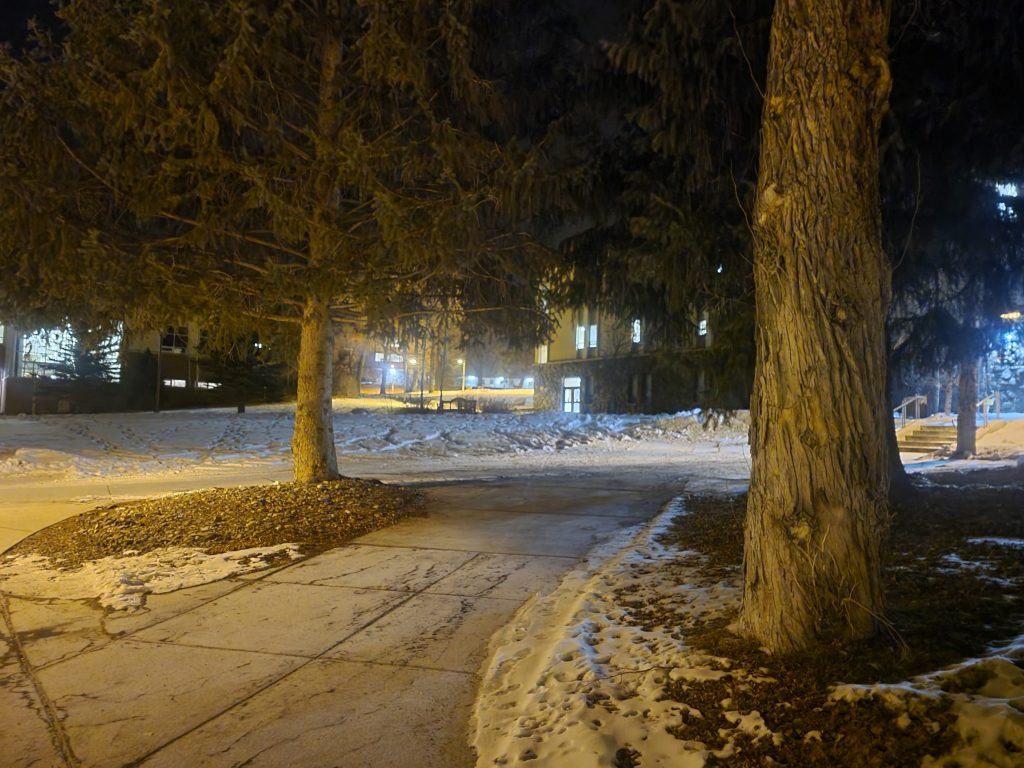
A culture of shifting responsibility onto victims may have helped create the perfect storm for the Professor Duane Vandenbusche incident of March 2020. Dr. Vandenbusche pled guilty this year to sexually harassing a female staff member in 2020, after reportedly assaulting and harassing her repeatedly. Another male staff member was present for that exchange.
Perhaps most worryingly, Allen reports that they have heard stories of athletics staff silencing victims of assault when they do eventually come forward. “The coaches will step in and ask for forgiveness on behalf of the person who committed violence and hope that the victim won’t move forward. I’ve heard harrowing stories of victims being silenced; being told ‘it doesn’t matter what happened to you, you won’t get due process.’”
Allen is critical of the narrative that Western’s small-town culture makes it immune to the uglier side of humanity. “You hear things like, ‘That doesn’t happen here in little Gunni,’ or ‘we’re all family here in little Gunni’ and that has not been my experience. I’m a Black woman at Western, and my immediate experience is being hate-crimed walking to class. I’ve had students who’ve been hate-crimed physically and emotionally…. you just have to be honest, or you’re complicit.”
Resources available to the Western and Gunnison community:
Shelby Schuppe holds office hours at the Multicultural Center (MCC) every Tuesday and Thursday from 10 a.m. to 11 a.m., and at the Trailhead on Wednesdays from 2 to 3pm. She can be reached via phone at (970) 943-2616 or by email at sschuppe@western.edu.
Incidents of bias, violence against a minority group, or sexual misconduct that involve WCU employees or occurred on WCU grounds can be reported here: https://housing.western.edu/StarRezPortalX/9406382D/12/487/CARE_and_Concern_Rep-CARE_and_Concern_Rep
The Counseling Center offers counseling sessions and accepts all insurance in addition to Western counseling benefits. They can be reached at 970.642.4615.
Project Hope of Gunnison Valley is a 24/7 crisis hotline, which can be reached at 970.275.1193.

